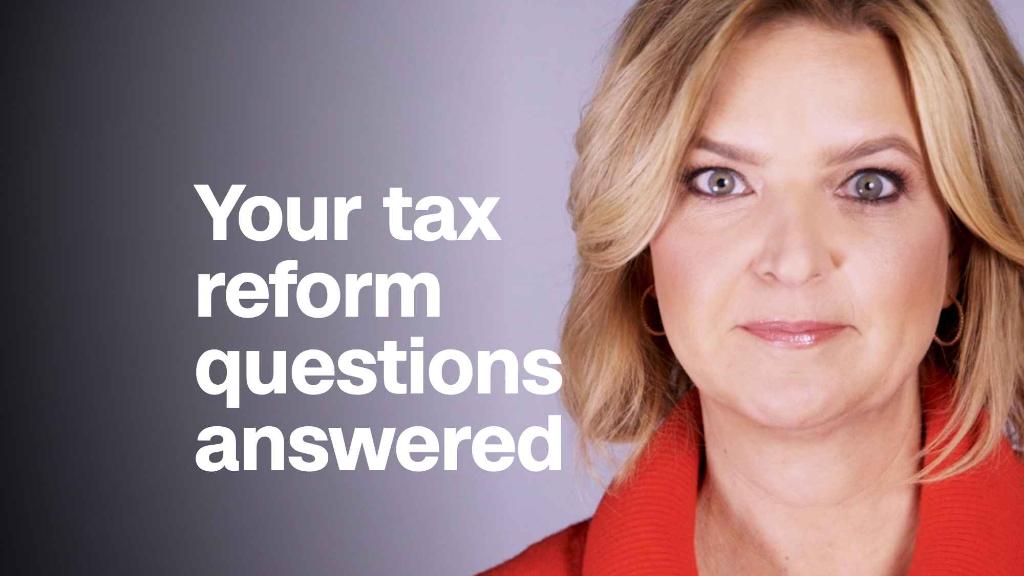
Several states this year have moved to let residents circumvent the new $10,000 federal cap on state and local tax deductions.
But the IRS issued a notice on Wednesday that may give taxpayers in those states pause.
The new cap on state and local deductions mostly affects taxpayers in states with high income and property taxes like New York, New Jersey, Connecticut and California.
New York was first out of the gate, approving a measure that lets taxpayers make charitable contributions to state-run funds financing education and healthcare. Taxpayers can get a state tax credit worth 85% of their contribution. And they could deduct 100% of their contribution on their federal return, since there is no cap on charitable deductions.
That's the idea anyway.
Similar proposals have been considered or passed in California, New Jersey and other states.
But the Treasury and IRS may rule against that strategy in proposed regulations that the agencies said they will issue "in the near future."
Those regulations "will make clear that the Internal Revenue Code, not the label used by states, governs the federal income tax treatment of such transfers."
In other words, stay tuned, we'll let you know if we plan to treat your contributions to a state-run fund as deductible charitable donations.
Related: New York OKs plan to skirt controversial provision of the GOP tax
Steven Rosenthal, a tax lawyer and senior fellow at the Tax Policy Center, wouldn't be surprised if the IRS rules against the strategy, but notes it's a sticky issue since the IRS and the courts have supported the full deductibility of charitable contributions to state funds in the past.
"If the IRS thought [the issue was] noncontroversial, they wouldn't have issued the notice," Rosenthal said. "They want to send a signal as a legal and a practical matter."
And that signal seems to be a red light.
"It is clearly designed to dissuade taxpayers in states like New York from taking advantage of the legislation that recently passed," said Daniel Rosen, a partner at Baker McKenzie and a former special trial attorney for the IRS.
It's highly unusual that Wednesday's notice doesn't explicitly state the IRS' position, Rosen said.
That suggests to him there is no consensus yet as to how the agency should rule because it faces a dilemma: How can it make the case that blue state efforts to circumvent the SALT cap are wrong without also ruling that other states are wrong to let residents make federally deductible contributions to state funds in exchange for state tax credits.
Kirk Stark, a tax law professor at UCLA who's written extensively on this issue, said in an email to CNN that it's too early to tell what the IRS will do, but that new regulations will take some time, and likely could end up being challenged in court.
New York State Governor Andrew Cuomo, who has described the SALT deduction cap as an "economic missile" launched by Republicans on Democratic states, made clear Wednesday afternoon the state won't just roll over.
"We will continue to fight .... The IRS should not be used as a political weapon, and I urge this administration to stop its partisan assault on New Yorkers and instead work with us to deliver real, lasting relief for hardworking families."
